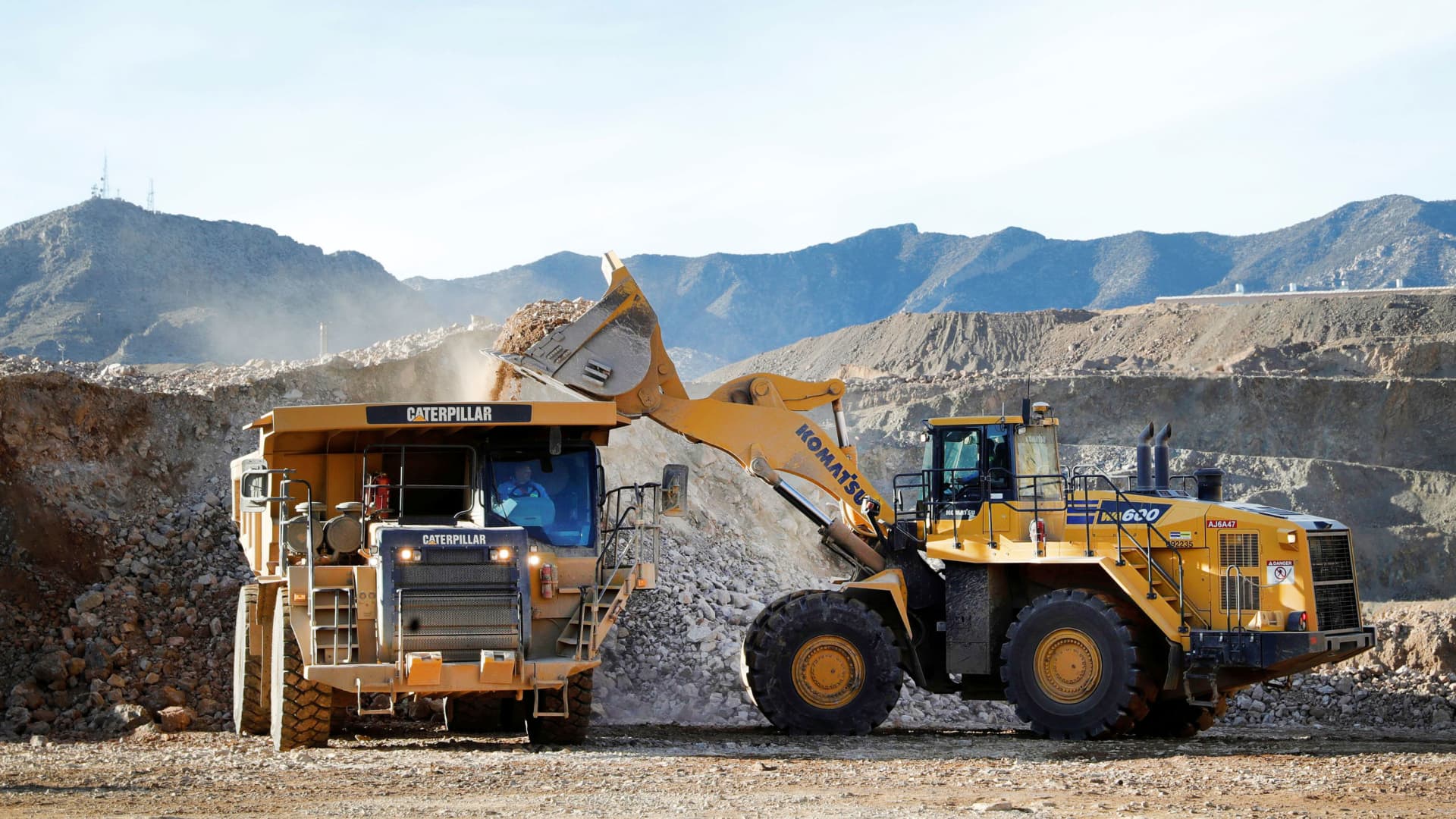How Does Specialization Help Companies Achieve Economies of Scale?
Adam Smith is considered to be the father of modern economics. He laid out many economic theories that are studied and used to this day. One of his theories was that the division of labor through specialization will lead to growth. He described this idea as far back as 1776, in his book, An Inquiry into the Nature and Causes of the Wealth of Nations.
Smith’s belief was, that as a company grows, it is able to hire more workers, and hiring more workers allows a company to divide the workers into certain roles, meaning they will have fewer responsibilities and are able to improve and specialize in one core skill. Once a worker becomes more efficient at their task, this will result in increased production levels, utilizing less time and less cost. Let’s take a look at the terminology behind Smith’s theory.
Economies of Scale
Economies of scale describes a cost advantage achieved by a company when production becomes efficient. Increasing production and lowering costs results in economies of scale because the costs are spread out over a larger number of goods. Or to look at it another way, producing additional goods does not require a significant increase in costs. Reducing the cost of units per production is the main benefit of economies of scale.
Larger companies are more likely to achieve economies of scale than smaller companies because they are able to produce more goods and therefore can spread out costs over a larger number of goods.
Specialization
Specialization, in economic terms, means focusing on one task rather than multiple tasks, which allows workers to perfect that one task. This is a basic concept of learning. When a person attempts a specific task for the first time they may not be proficient at it. The more time spent on practicing or learning a skill, the better an individual gets at it. And the more efficient.
Specialization Leads to Economies of Scale
As labor is divided amongst workers, workers are able to focus on a few or even one task. The more they focus on one task, the more efficient they become at this task, which means that less time and less money is involved in producing a good. Or put another way, the same time and the same money allows for the production of more goods.
Once specialization occurs, resulting in economies of scale, a company is able to reduce the price for its goods or services because it costs less to make their goods or provide their services. This provides a competitive advantage in the market place.
Example of Specialized Labor and Economies of Scale
An assembly line for a manufacturing company provides a useful example of specialization leading to economies of scale. Suppose a bicycle manufacturer has 10 workers each assembling 10 bicycles simultaneously. The time for one individual to assemble a bike could be considerable. In addition, the know-how of having to put multiple pieces together requires the need for more skills.
If the bicycle maker switches to an assembly line in its factory, each of the 10 workers focuses on a specialized aspect of the assembly process. For example, one worker would add the breaks, the next worker would add the pedals, and so forth. Each worker would become proficient in their specific task and allow the bike to be assembled faster as it moves down the assembly line. This increases efficiency and allows for additional bicycles to be produced.
Because production increases, the fixed costs of production such as the building and tools used to assemble the bicycles are spread over an increasing number of products, thus achieving economies of scale.
Additional Economies of Scale
Though specialized labor is one method that leads to economies of scale, economies of scale can be achieved through a variety of means. Some areas include technology that improves efficiency, the power of buying bulk that leads to better costs, and for larger companies, better terms on financing and better transportation networks.
The Bottom Line
Economic theory and the actual implementation of those theories have proven that as a company’s workforce specializes in specific skills, it leads to efficiency, which leads to more goods produced. As more goods are produced, the cost of producing them is spread out, leading to economies of scale, which is an important competitive advantage for any company.
Read the original article on Investopedia.









:max_bytes(150000):strip_icc():format(jpeg)/GettyImages-1296348323-44c7aca2cbb14d2f84b65b393fec649a.jpg)